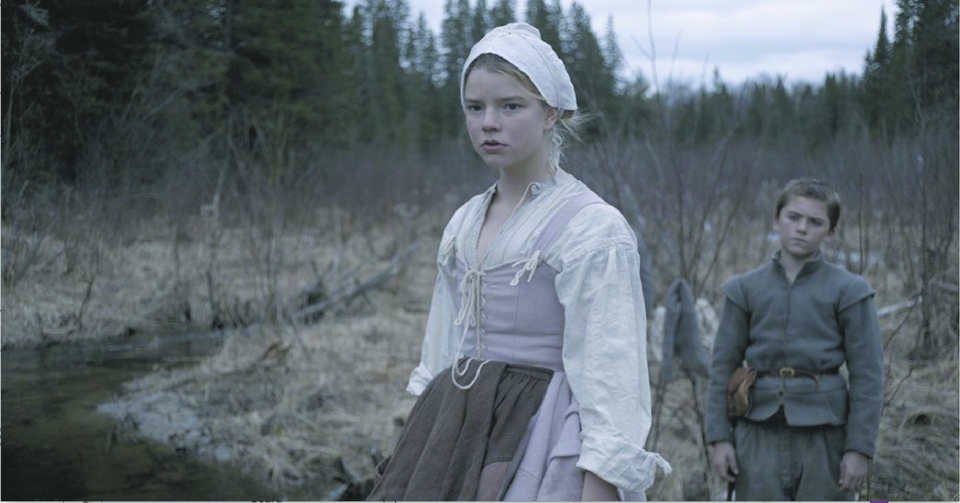Film Review: The Witch
Historical Horror Combines Pilgrims And Paranoia


honey. You’ve got about 400 years before you can talk with your friends on Snapchat.
Latest Article|September 3, 2020|Free
::Making Grown Men Cry Since 1992


honey. You’ve got about 400 years before you can talk with your friends on Snapchat.